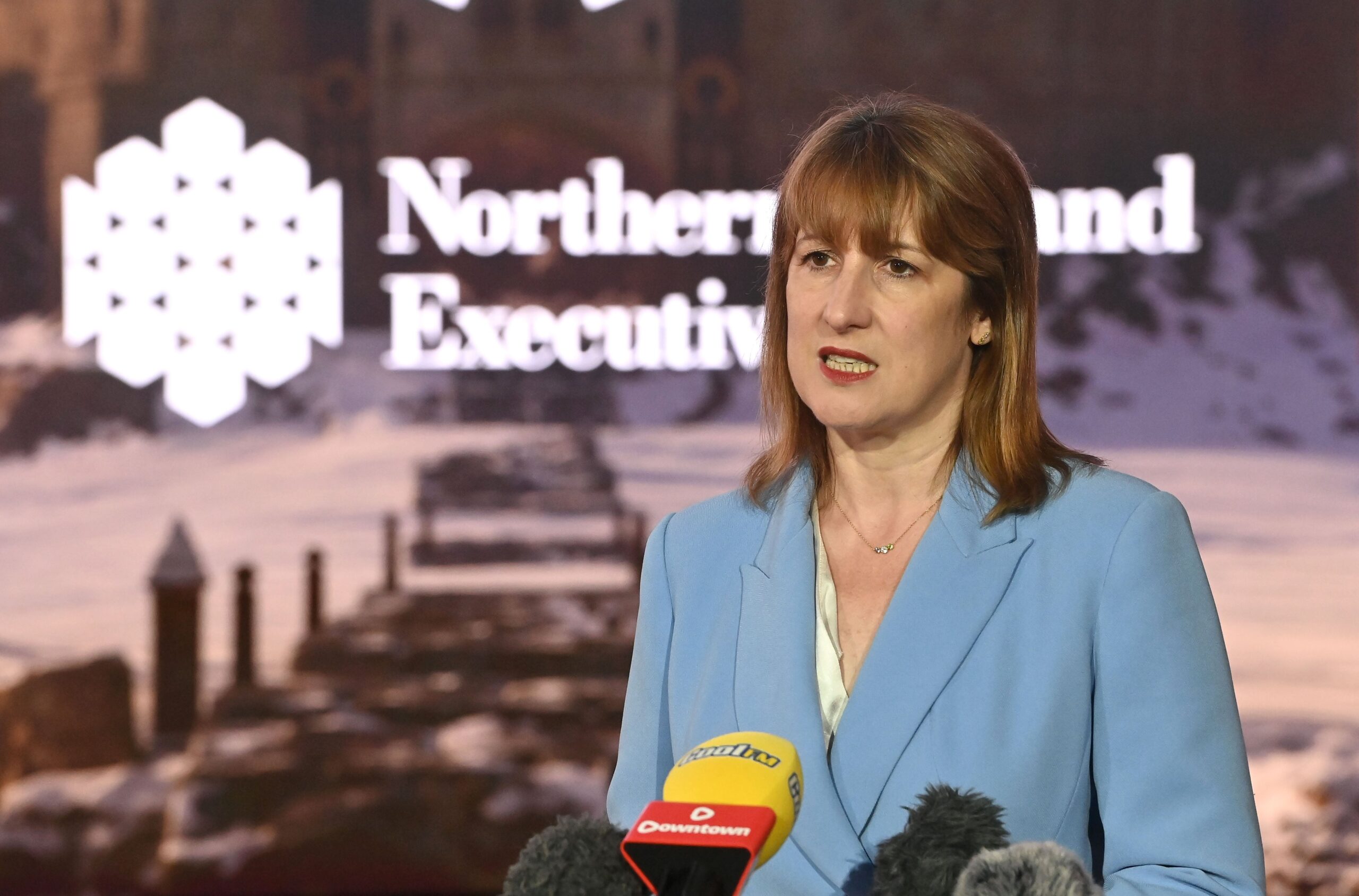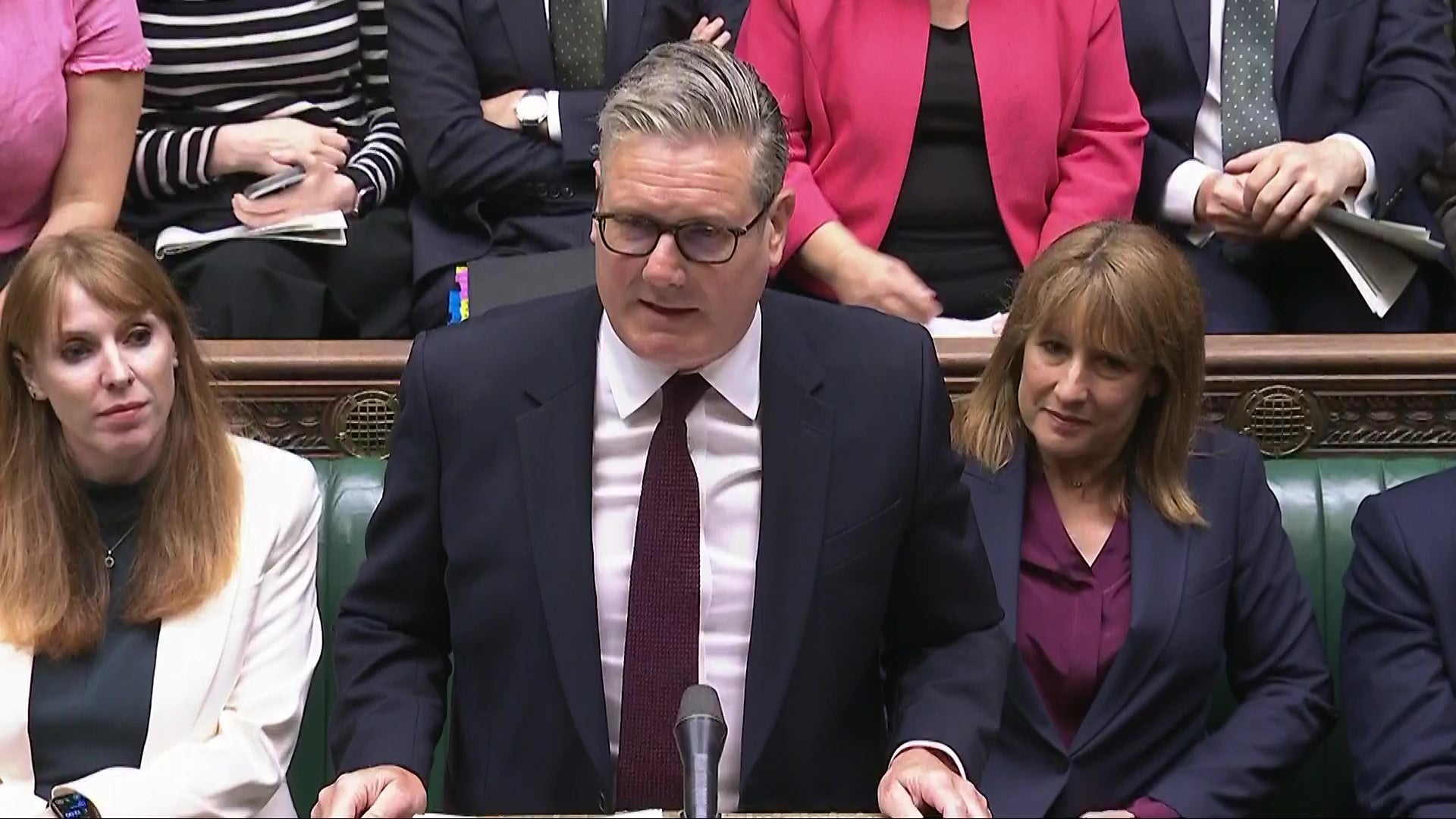Rachel Reeves has held out for the last possible date to hold her Autumn Budget as she scrambles to come up with a plan to rescue the nation’s troubled finances.
The chancellor has admitted that the economy is “not working well enough” as she pledged to get a “tight grip” on spending when she delivers her budget on 26 November.
The Independent has been told she is considering a new tax raid by raising capital gains tax and introducing a gambling levy to help close an estimated £40bn black hole in her budget.
The two options, championed by trade unions and former prime minister Gordon Brown, are said to be top of the list of possible new taxes – including a mansion tax, freezing income tax thresholds and applying national insurance to rental income for landlords – being looked at.
A well-placed source told The Independent: “At the moment the focus is on capital gains tax and the gambling tax.”
It comes as the chancellor has reiterated she will not break Labour’s manifesto promise of no rises in income tax, VAT or employee national insurance contributions, despite economists warning she may have no other choice.

She has also pledged not to change her self-imposed fiscal rules to allow her to borrow more at a time when Labour MPs are crying out for Ms Reeves to find new revenues without further cutting public spending.
The late date for the Budget is not unprecedented, but it gives Ms Reeves extra time to digest the findings of the Office of Budget Responsibility’s (OBR) independent economic forecast to decide which taxes and by how much she will raise.
It comes after the respected think tank, the National Institute for Economic and Social Research (NIESR), claimed over the summer that global problems, including Trump tariffs, a lack of economic growth, and Labour MPs forcing the government to back down from welfare cuts, all meant she could need to find £41.2bn in new taxes or different spending cuts.
The trade unions, who will meet for the annual Trade Union Congress next week, are pushing for capital gains tax on sales of property, excluding non-primary residences, and other assets to be equalised with taxes on wages.
It is unlikely Ms Reeves will go that far, but it is thought she could look at increases from the current rates of 24 per cent on properties or 32 per cent on investments.
The gambling tax proposed by the Institute of Public Policy for the Regions (IPPR), which would increase taxes on online casinos from 21 per cent to 50 per cent, has been championed by Mr Brown and could raise £3.2bn.

However, Treasury sources have warned: “The kite flying [on taxes] has to stop, it is not coming from us.”
Announcing the date of her budget, Ms Reeves has said she would prioritise curbing inflation and borrowing costs, keeping public spending under control by meeting her fiscal rules, and kick-starting economic growth.
Concerns over public finances helped push UK long-term borrowing costs to 27-year highs ahead of the Budget date announcement. But the yield on 30-year UK government bonds – also known as gilts – eased after the date was revealed by the Treasury.
In a video posted to X, the chancellor said: “Britain’s economy isn’t broken. But I know it’s not working well enough for working people. Bills are high. Getting ahead feels tougher. You put more in, get less out. That has to change.”
She said “fixing the foundations” has been her mission for the past year, and touted government action, including trade deals with the US, India and the EU and making a start on tearing up planning rules to reach the target to build 1.5 million homes.
“But I’m not satisfied,” she said. “There’s more to do. Cost-of-living pressures are still real.
“We must bring inflation and borrowing costs down by keeping a tight grip on day-to-day spending through our non-negotiable fiscal rules. It’s only by doing this can we afford to do the things we want to do.
“If renewal is our mission and growth is our challenge, investment and reform are our tools. The tools to building an economy that works for you – and rewards you. More pounds in your pocket. An NHS there when you need it. Opportunity for all.
“Those are my priorities. The priorities of the British people. And it is what I am determined to deliver.”
Her comments come after Sir Keir Starmer moved the chancellor’s deputy, Darren Jones, into a new role as chief secretary to the prime minister – a change some interpreted as a blow to Ms Reeves’s authority.
But No 10 on Tuesday insisted the chancellor’s role had not been diminished, saying Sir Keir and Ms Reeves spoke “at length over the summer about how these changes would bolster their joint approach to the growth agenda”.
A Treasury source insisted that the chancellor will take the decisions on the Budget, not Downing Street, adding: “This is a close political project, Keir and Rachel work very closely together.”
